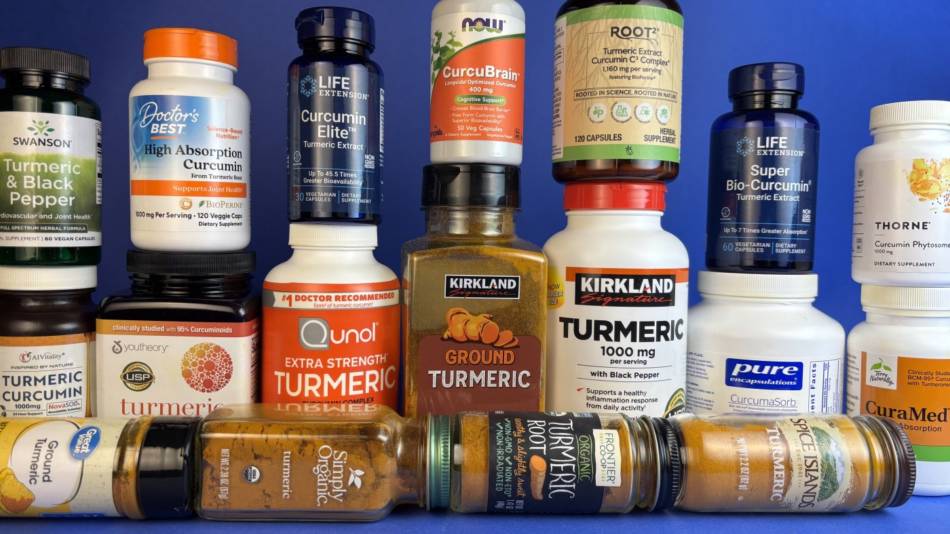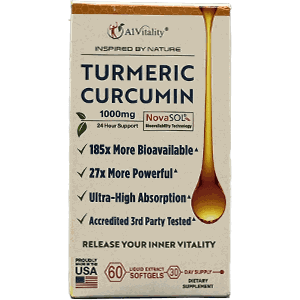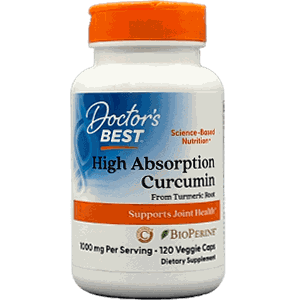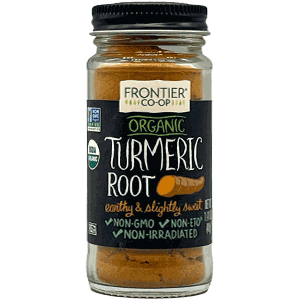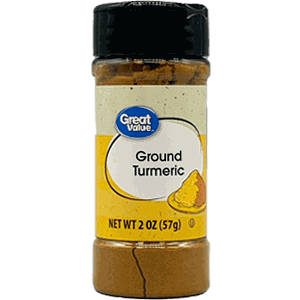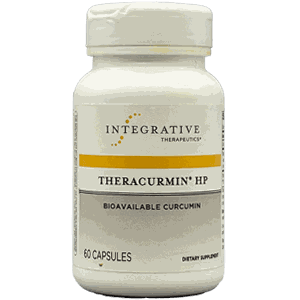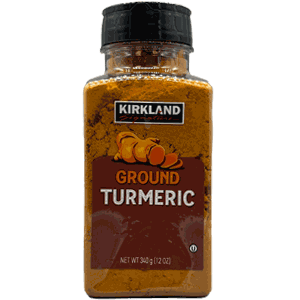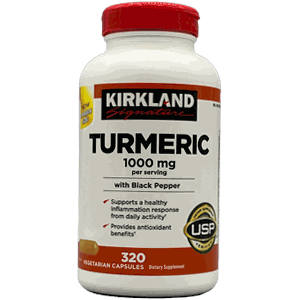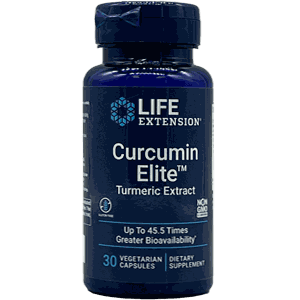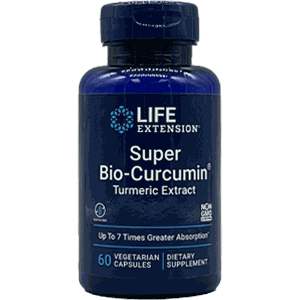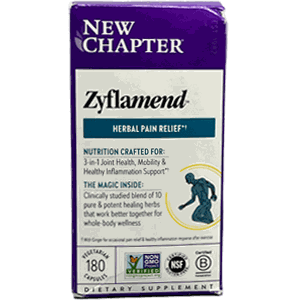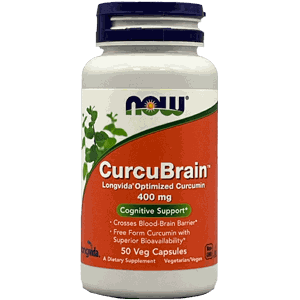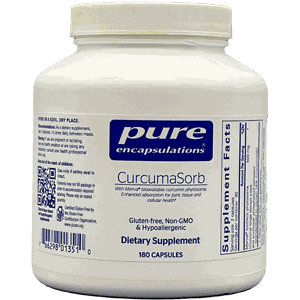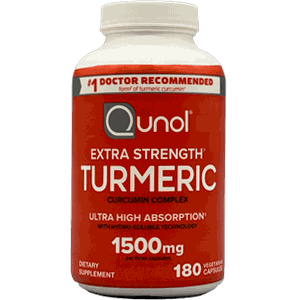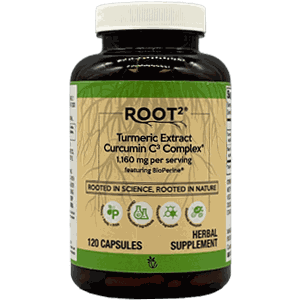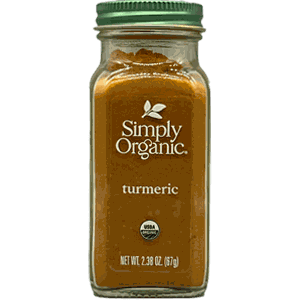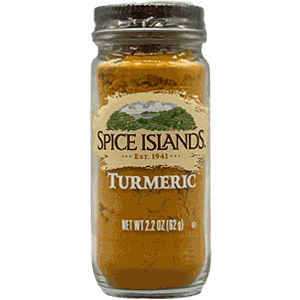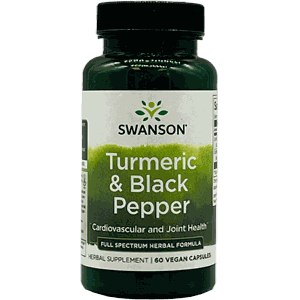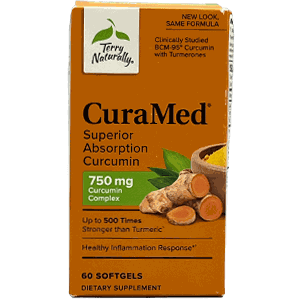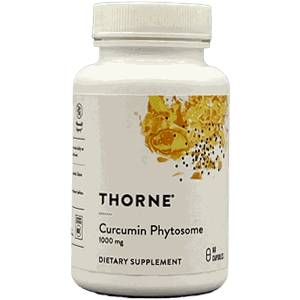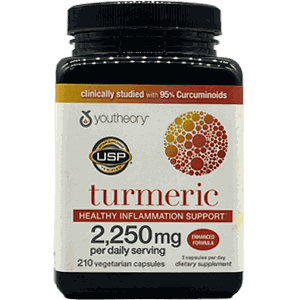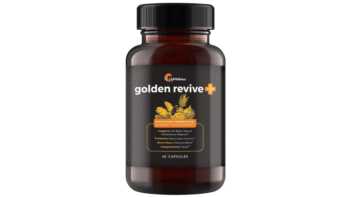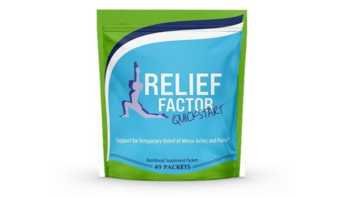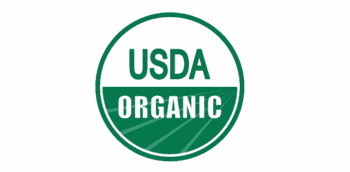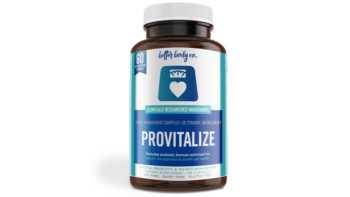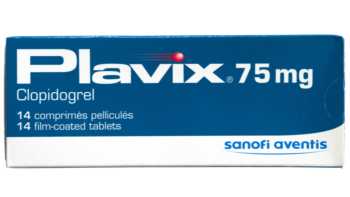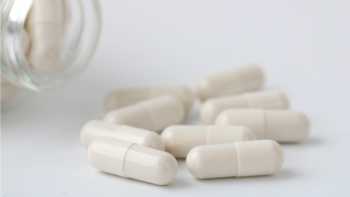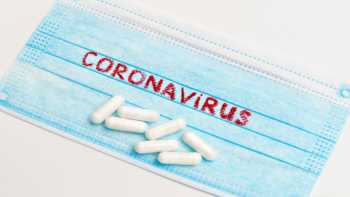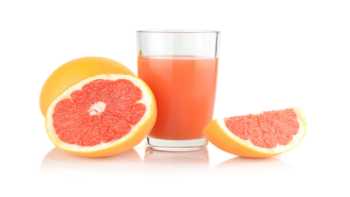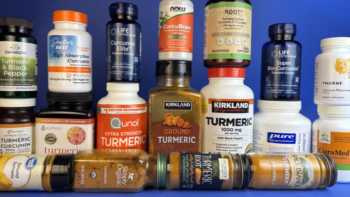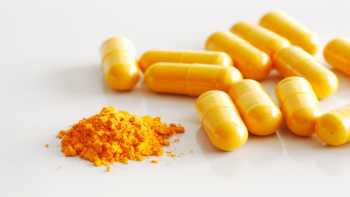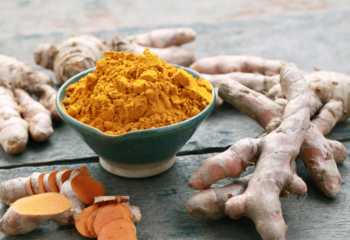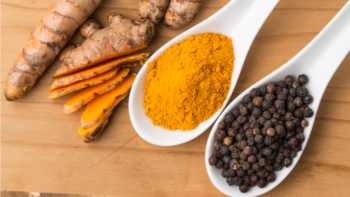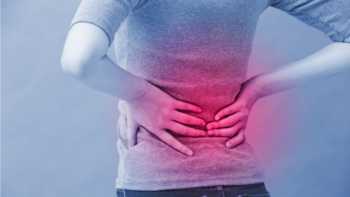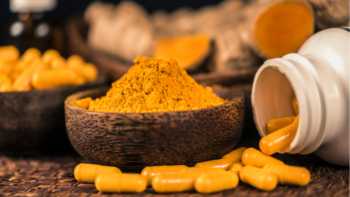Summary
What are turmeric and curcumin?
Turmeric is a spice used for its flavor and orange-yellow color. Curcumin is one of several curcuminoid compounds found in turmeric that give turmeric its color and antioxidant and anti-inflammatory properties, making turmeric root powders and extracts useful as dietary supplements (see What It Is).
What did CL's tests of turmeric find?
We tested turmeric and curcumin supplements from A1 Vitality, Doctor's Best, Integrative Therapeutics, Kirkland (Costco), Life Extension, New Chapter, NOW, Pure Encapsulations, Qunol, Root2, Terry Naturally, Thorne, Youtheory, and Swanson, and discuss a product from Thorne. We also tested turmeric spices from Frontier, Great Value (Walmart), Kirkland (Costco), Simply Organic, and Spice Islands.
As shown in the Results Table below, one supplement contained a significantly lower amount of curcumin compounds (curcuminoids) than one might expect from its label, and another just barely met our minimum expectation. In addition, one supplement was discovered to be contaminated with lead as well as unusually low in curcuminoid compounds. Amounts of curcuminoids found ranged from just 14.6 mg to more than 2,000 mg per serving. (For reference, the typical daily dose in clinical trials has ranged from 500 mg to 2,000 mg of curcuminoids, most of which is curcumin from turmeric extracts -- see Dosage. Be aware that turmeric powder in some supplements provides no more curcumin than turmeric spice, which is only about 3% curcuminoids of which around 50% is curcumin, i.e., half a level teaspoon of turmeric powder (about 1 gram) provides about 35 mg of curcuminoids. (See How Products Were Evaluated and What CL Found).
Best turmeric/curcumin supplement?


- Among supplements that passed testing and were APPROVED for quality, we identified an overall Top Pick Turmeric Supplement that provides clinically significant amounts of curcuminoids at low cost and includes a bioavailability enhancer to boost the amount of curcuminoids in your bloodstream.
- We also identified a Top Pick for Turmeric & Curcumin Without Bioavailability Enhancement that is also high in curcuminoids and relatively low in cost.
- If you can't take a turmeric supplement along with a meal containing fats or oils, we identified a Top Pick for Turmeric With Enhanced Bioavailability — although it is more expensive.
Best ground turmeric spice?
Among turmeric ground spices that we APPROVED for quality, we identified two Top Picks for Ground Turmeric Spice — one that is organic and one that is not. To get the most from turmeric spice, use it in a meal that contains fats or oils, as well as some black pepper.
What are the health benefits of turmeric?
Small clinical studies suggest that curcumin from turmeric is helpful for indigestion, ulcerative colitis, rheumatoid arthritis and osteoarthritis, seasonal allergies and depression. Turmeric/curcumin may improve cognitive function in healthy older adults, but little benefit has been found in people with Alzheimer's disease. Other compounds may also be active (see What It Does).
How do forms of turmeric differ?
Turmeric and curcumin are not well absorbed on their own and it's generally best to take turmeric/curcumin with food containing some fat in order to increase absorption. If you can't always take turmeric or curcumin with food, see Absorption and Bioavailability to learn about bioavailability enhancement with ingredients such as BCM-95, C3 (which includes the black pepper extract piperine, known as Bioperine), CurcuWin, Longvida, Meriva, NovaSol, and Theracurmin.
Turmeric/curcumin safety and side effects:
Turmeric/curcumin supplements are generally safe, but gastrointestinal side effects may occur with higher doses and they can cause problems for people with gallbladder disease, kidney stones, or those taking blood-thinning or blood sugar-lowering medications. Rarely, liver injury has been reported. One of the bioavailability enhancers commonly added can potentially affect a number of drugs (see Concerns and Cautions).

